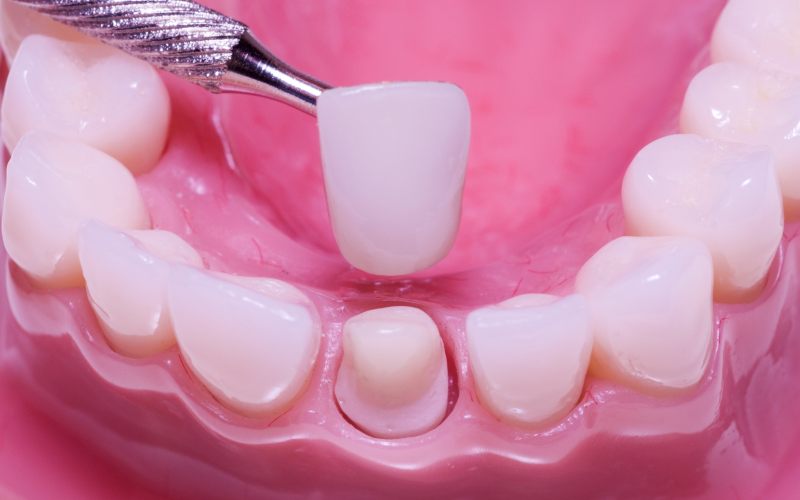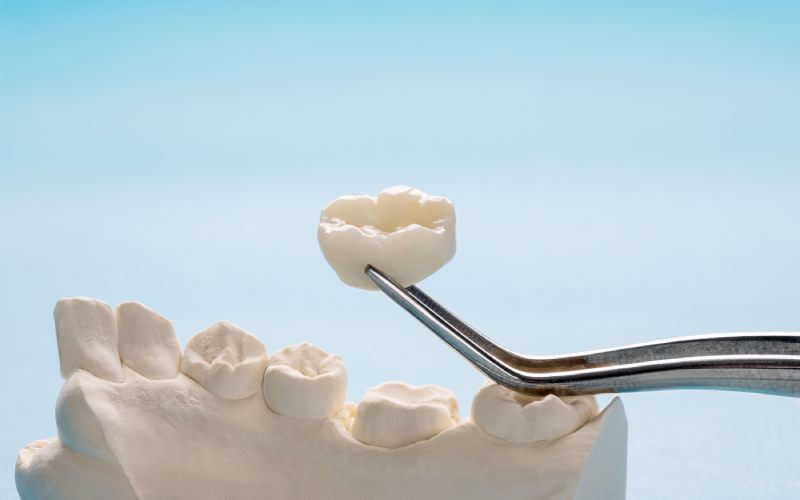Table of Contents
ToggleUnderstanding the Basics: What is a Dental Crown?
A dental crown is more than just a fancy term thrown around in dental care circles. It’s a protective cap, often made of porcelain or ceramic, that covers a damaged or decayed tooth. Think of it as a shield for your vulnerable tooth, restoring its shape, size, and function. A crown can be made to match the colour of your natural teeth, ensuring it blends seamlessly with your smile.
Why Would Someone Need a Dental Crown?
From tooth decay to a broken tooth, there are several reasons one might need a dental crown. Sometimes, it’s about aesthetics, and other times, it’s a functional necessity. If you’ve had a root canal treatment, your dentist might recommend a crown to protect the tooth. Similarly, if you clench your teeth often or have a large filling, a crown may be in your future.
What Problems Could Develop with a Dental Crown?
While dental crowns are a boon for many, they aren’t without their challenges. Common problems with dental crowns range from sensitivity around the crown to the crown feeling loose. Sometimes, the new crown might cause discomfort, especially if it doesn’t fit well with the surrounding natural teeth.
Is Tooth Decay a Common Dental Crown Problem?
Absolutely! Just because a tooth is crowned doesn’t mean it’s immune to decay. Especially if you don’t brush your teeth twice a day or maintain good dental hygiene, decay can form at the base of the crown, near the gum line. This is why regular dental check-ups are crucial.
How Does Crown Placement Affect the Tooth and Gum?
Crown placement is a meticulous procedure. However, if not done correctly, it can lead to gum disease or discomfort. It’s essential to ensure the crown fits snugly without pressing too hard on the gum. If you feel persistent pain or discomfort around the crown, it’s best to contact your dentist immediately.

What Should You Know About Crown Materials? Crowns are Typically Made of What?
Crowns can be made of various materials, including porcelain, ceramic, metal, or a combination. The choice often depends on the tooth’s location, the patient’s preference, and the dentist’s recommendation. For instance, porcelain crowns are popular for front teeth due to their natural appearance.
Feeling Off? Signs Your Crown May Be Loose
A loose crown is more than just an annoyance; it’s a dental concern. If you can move the crown with your tongue or feel it wiggling, see your dentist as soon as possible. A loose crown can lead to infections or further dental crown problems.

Brush Your Teeth Twice a Day: The Role of Good Dental Hygiene in Preventing Dental Crown Problems
Good dental hygiene is the cornerstone of preventing most dental issues, including those with crowns. Brushing your teeth twice a day, flossing regularly, and avoiding sugary foods can go a long way in ensuring your crown stays in top shape.
The Dental Crown Procedure: What to Expect When Getting a Dental Crown
Getting a dental crown isn’t as daunting as it sounds. The procedure typically involves two visits. In the first, your dentist will prepare the tooth, take impressions, and place a temporary crown. In the second visit, the permanent crown is cemented in place. Throughout the process, your comfort is a priority. Many clinics like Onyx Dental have in-office labs that allow patients to have their crown in one appointment and are able to leave with their crown the same day.
Are You a Candidate for Dental Crown Treatment?
Not everyone needs a dental crown. However, if you have severe tooth decay, large, old fillings, a broken tooth, or have had a root canal, you might be a candidate. It’s best to consult with your dentist, discuss your concerns, and get a professional opinion.
Regular Dental Check-ups: The Key to Long-Lasting Crown Health
Lastly, the importance of regular dental check-ups cannot be stressed enough. Whether you have a crown or not, seeing your dentist at least twice a year ensures any issues are caught early. If you have a crown, these visits can help detect problems like a loose crown or decay around the crown.
Key Takeaways:
- Dental Crowns Defined: A dental crown is a protective cap that covers a damaged or decayed tooth, often made to match the colour of your natural teeth.
- Reasons for Crowns: From tooth decay to broken teeth or post-root canal treatment, there are several reasons one might need a crown.
- Potential Problems: Common issues with dental crowns include sensitivity, looseness, and discomfort. Tooth decay can still form around a crowned tooth.
- Material Matters: Crowns can be made of porcelain, ceramic, metal, or a combination, with the choice often depending on the tooth’s location and patient preference.
- Hygiene is Key: Brushing your teeth twice a day and maintaining good dental hygiene can prevent many crown-related issues.
- Regular Check-ups: Seeing your dentist at least twice a year ensures any crown issues are detected and addressed early.
- When in Doubt, Consult: If you experience any discomfort or issues with your crown, it’s essential to contact your dentist immediately.
Remember, dental crowns are a valuable tool in dental care, but like all tools, they require proper care and attention. Stay informed, stay vigilant, and here’s to your dental health!
Regular dental check-ups, vital for crown maintenance, are essential at Onyx Dental, offering dental crowns in Erin Mills. Contact us at (905) 567-4999 or visit 2555 Erin Centre Blvd Unit 12, Mississauga, ON L5M 5H1.



